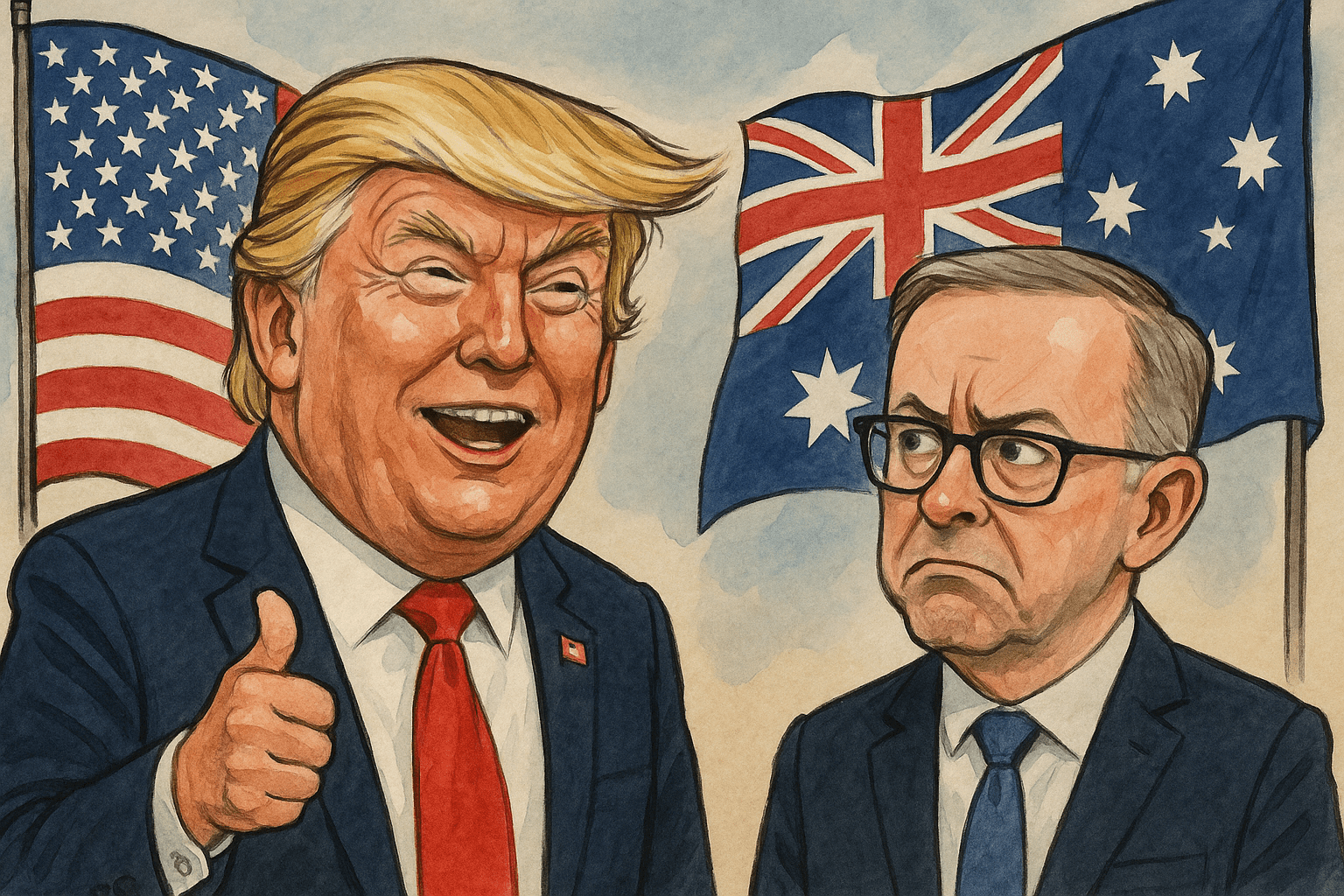Global inequality remains a pressing issue, with wealth and resources disproportionately concentrated in the Global North while the Global South continues to experience economic hardship. Jason Hickel, an economic anthropologist, has extensively studied how wealth has been systematically extracted from the Global South through various means, including trade imbalances, debt mechanisms, and financial manipulations. His research estimates that since 1960, over $62 trillion (adjusted for inflation) has been drained from the Global South—far exceeding the amount of aid and investment it has received. This study explores the historical and contemporary mechanisms of wealth extraction, the institutions that perpetuate these dynamics, and possible strategies to create a more equitable economic system.
Jason Hickel: Background and Research Focus
Jason Edward Hickel, born in Eswatini (formerly Swaziland) in 1982, is a professor specializing in economic anthropology and global inequality. He currently serves as a Professor at the Institute for Environmental Science and Technology at the Autonomous University of Barcelona and as a Visiting Senior Fellow at the International Inequalities Institute at the London School of Economics. Hickel is also a Fellow of the Royal Society of Arts and has held the position of Chair Professor of Global Justice and the Environment at the University of Oslo.
Hickel’s research challenges traditional narratives of economic development and focuses on the exploitative nature of global economic systems. His major contributions include books such as The Divide: A Brief Guide to Global Inequality and its Solutions (2017) and Less is More: How Degrowth Will Save the World (2020). Hickel argues that the Global South is not underdeveloped due to internal failings but because of deliberate economic structures designed to maintain the dominance of the Global North.
Historical Context of Wealth Drain
The Colonial Economic System
During the colonial era, European powers extracted vast wealth from their colonies, fueling industrialization in the Global North while impoverishing the colonized regions. Key aspects included raw material extraction, forced labor, and economic dependence. For example, colonies in Africa and Asia exported cotton, sugar, and minerals at artificially low prices while being forced to import expensive manufactured goods from Europe. This extractive system established deep economic inequalities that persist today.
Post-Colonial Continuation of Wealth Extraction
Despite formal decolonization, former colonies remained trapped in economic structures designed to serve the interests of the Global North. Many newly independent nations were burdened with external debt, making them dependent on international financial institutions. Additionally, policies like structural adjustment programs (SAPs) forced by the IMF and World Bank required developing nations to cut social spending and open their markets, leading to further economic instability.
Modern Economic Mechanisms of Wealth Extraction
Unequal Exchange in Trade
Developing nations primarily export low-cost raw materials and labor-intensive goods while importing high-value finished products. This imbalance ensures that they receive far less revenue than they pay for imports, leading to a net loss of wealth. For example, African coffee farmers receive only a fraction of the final retail price of coffee sold in European and American markets.
Debt and Structural Adjustment Programs
Many Global South nations are trapped in debt cycles due to high-interest loans from the IMF and World Bank. These loans often come with strict conditions that require governments to reduce public spending on essential services. As a result, these countries prioritize debt repayment over economic development, often repaying amounts far greater than their original loans due to interest and penalties.
Capital Flight and Tax Avoidance
Multinational corporations shift their profits to tax havens, avoiding taxes in developing nations. At the same time, wealthy elites in the Global South transfer their money offshore rather than reinvesting it in their own countries. This capital flight deprives these nations of crucial investment for development.
Intellectual Property and Technological Barriers
Western corporations control patents and intellectual property rights, restricting access to technology and medicine for developing nations. High patent fees mean that Global South nations cannot afford essential medicines, agricultural technology, or industrial innovations.
Environmental Exploitation
Resource extraction industries such as mining and oil drilling often provide little benefit to local populations while causing severe environmental damage. Climate change disproportionately affects the Global South, even though wealthier nations are responsible for most carbon emissions.
Impact of Colonial Legacies on Contemporary Economic Policies
Colonial legacies have left an indelible mark on the global political economy, with existing inequalities within and between countries being stark reminders of this past. The patterns of international trade, financial flows, and the structure of global institutions have all been influenced by colonial practices. For instance, the rise of multinational corporations and complex international trade networks can trace their origins back to colonial economic systems designed for resource extraction.
The economic disparities observed today, with wealth concentrated in the global North, did not develop overnight. These inequalities are the result of long-term historical processes, prominently including European colonialism. The economic warfare practiced during colonial times, where trade and financial manipulation were used to undermine rivals, also contributed to shaping the contemporary economic order.
Decolonization efforts have sought to dismantle these entrenched systems, but the colonial roots remain deeply embedded in political, social, and economic practices. The persistence of these structures ensures that wealth continues to flow from the global South to the North, maintaining the economic dominance established during the colonial era. This historical continuity underscores the need for a comprehensive understanding of colonialism’s impact to address the ongoing global inequalities.
International Institutions and Their Role in Wealth Drain
The Role of the IMF and World Bank
Modern global institutions, such as the International Monetary Fund (IMF), impose austerity measures across the Global South, which are stark manifestations of neo-colonialism. These policies produce structural violence, dismantle local economies, exacerbate extreme poverty, deepen economic dependency, privatize natural resources, and fuel political unrest in already vulnerable communities.
The WTO and Trade Inequality
Modern trade agreements continue to reflect and perpetuate the imbalances and exploitative dynamics established during the colonial era. Jason Hickel’s studies illustrate that contemporary economic policies and international trade agreements often serve to sustain the wealth extraction from the Global South to the Global North. This systemic inequity is rooted in historical colonial practices where colonies were systematically exploited for their resources and labor, establishing a pattern of economic dependence and underdevelopment that persists today. Neoliberal policies, embedded within modern trade agreements, tend to prioritize the interests of multinational corporations and wealthy nations, further entrenching these historical imbalances.
Concept of Degrowth and Alternative Economic Models
The Myth of GDP Growth
The concept of degrowth aligns closely with Jason Hickel’s study on the wealth transfer from the Global South to the Global North by challenging the traditional economic narrative that equates GDP growth with social wealth and development. Hickel argues that the narrative suggesting the Global North generously aids the Global South to eradicate poverty is misleading. Instead, he reveals that since 1960, the Global North has drained approximately $152 trillion from the Global South, perpetuating inequality and poverty rather than alleviating it. This wealth transfer underlines the systemic extraction of resources, labor, and capital from the Global South, which began during colonial times and continues under modern economic practices.
Ecological Economics and Sustainable Development
Ecological Economics is an interdisciplinary field that integrates ecological and economic principles to address the sustainable management of both natural and human resources. It focuses on understanding how economies operate within the limits of ecosystem services and biodiversity, prioritizing long-term environmental sustainability over short-term gains. By examining the interplay between economic development and ecological constraints, Ecological Economics aims to promote a balanced approach to human well-being and environmental conservation.
Strategies for Reducing Global Economic Disparities
Debt Cancellation and Fair Trade Policies
To address these economic disparities, Hickel advocates for policy changes such as debt cancellation, fair trade agreements, tax reforms, and South-South cooperation. Debt cancellation would allow developing nations to reinvest in their economies instead of repaying endless interest to foreign lenders. Fair trade agreements would ensure just compensation for raw materials and labor, while tax reforms would prevent capital flight and corporate tax avoidance.
Tax Reforms and Capital Controls
Efforts to decolonize economic relationships have also been pivotal. Decolonization strategies focus on challenging and dismantling globalized systems of wealth extraction that persist in contemporary forms of imperialism. These initiatives aim to reverse historical patterns of exploitation and restore economic sovereignty to the Global South.
Global Wealth Redistribution
International aid and development policies have been restructured to prioritize sustainable and equitable growth. This includes directing resources towards supporting local communities and empowering marginalized groups. By fostering inclusive growth and enhancing human capital through education and healthcare access, these interventions contribute to reducing poverty and promoting long-term economic stability.
South-South Cooperation
Enhancing South-South collaboration empowers developing nations to build autonomy and create their own developmental narratives, thereby challenging the traditional North-South knowledge flow. This cooperation can help reduce dependency on the Global North and foster more equitable economic relationships.
Case Studies: Wealth Extraction in Africa, Asia, and Latin America
The impacts of wealth drain can be observed in various regions. In Africa, extractive industries generate massive wealth for multinational corporations, while local populations see little benefit. In Asia, supply chains depend on cheap labor from countries like Bangladesh, where wages remain artificially low. In Latin America, foreign agribusinesses dominate food exports, often at the expense of small-scale farmers. Each of these cases highlights the ongoing economic exploitation facilitated by global economic policies.
Conclusion
Hickel’s research demonstrates that economic inequality is not an accident but a result of systemic exploitation. The Global South remains trapped in cycles of debt, resource extraction, and trade imbalances that favor the Global North. Addressing this injustice requires bold policies such as debt cancellation, fair trade, and economic degrowth. Without systemic reform, the wealth drain from the Global South will continue, exacerbating global inequality.
Bibliography
- Hickel, J. (2017). The Divide: A Brief Guide to Global Inequality and its Solutions. Penguin Random House.
- Hickel, J. (2020). Less is More: How Degrowth Will Save the World. Penguin Random House.
- Hickel, J., & Sullivan, D. (2021). Plundering Africa: Income deflation and unequal exchange under structural adjustment programmes. Global Environmental Change.
- Hickel, J., & Lemos, M. H., & Barbour, F. (2020). Unequal exchange of labour in the world economy. Ecological Economics.
- Hickel, J., & Sullivan, D. (2020). How much growth is required to achieve good lives for all? Insights from needs-based analysis. World Development.
- Hickel, J. (2021). Large inequalities in climate mitigation scenarios are not supported by theories of distributive justice. Nature Climate Change.



